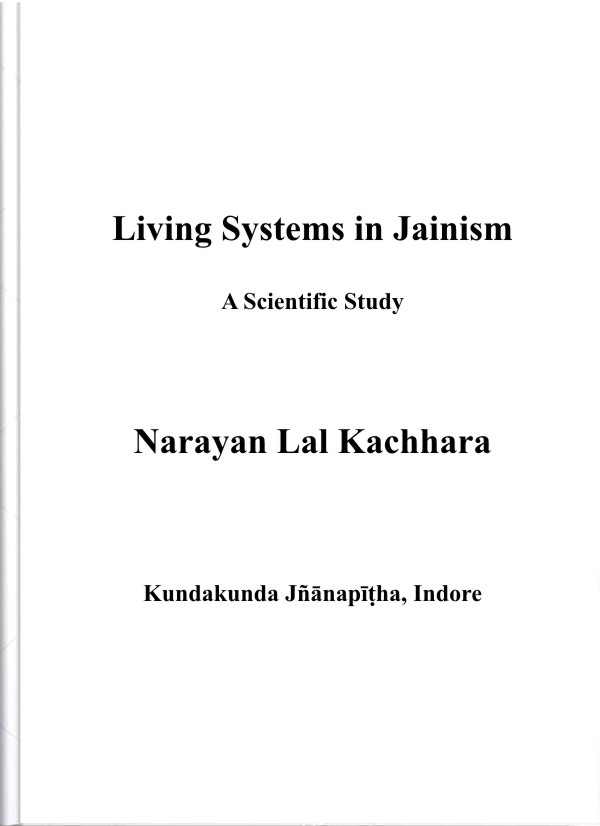"Jnana" and "darshana" are two important upayoga (manifestations) of consciousness. There is no agreement among Jain scholars on the exact meaning of these two technical terms, and there are also no exact equivalents in English. However, it makes the most sense to suppose that they mean "intelligence" (or "potential intelligence") and "self-awareness" (self-conscious) when used in reference to the soul, and "knowledge" and "awareness (being conscious of or to perceive)" when used in the context of the external world. These meanings are often used interchangeably.
Brahmadeva is of the view that from non-distinctive viewpoints the same consciousness, when it comprehends the self, is said to be darshana and, when comprehending the non-self, is said to be jnana. Neither darshana nor jnana can be said to be absent in a jiva, whether liberated or mundane, even for a moment. Every moment of a jiva's existence must evince modes of darshana and jnana simultaneously.
We must clearly understand the difference between knowledge and awareness. Awareness is the comprehension of the generality of an object; knowledge is the comprehension of the particularity of an object. Usually we comprehend the generality of an object first, followed by the particularity of an object: awareness normally precedes knowledge.
 Dr. N.L. Kachhara
Dr. N.L. Kachhara
